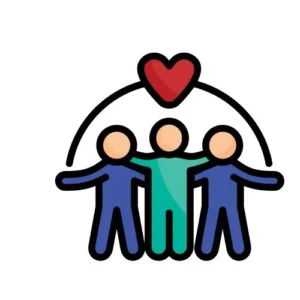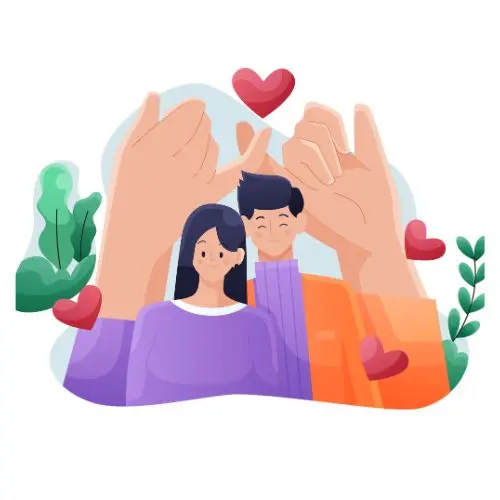Introduction
Relationships require questions because they encourage communication and mutual understanding. You can better understand and support your relationship by learning more about their ideas, emotions, and experiences through questioning. As it demonstrates your interest in and concern for your partner, asking questions can also assist in developing trust and closeness in a relationship. In general, asking questions is essential to establishing and keeping wholesome and rewarding partnerships.
These first days of a new relationship are simultaneously full of excitement and fear. Although the newness of the future is exciting, there are also nagging doubts that this person might not fulfill some things within you that you hold dear or that this might not go the distance.
Asking meaningful questions allows you to deepen intimacy through honest conversations instead of making assumptions about each other. Explore key areas beyond surface-level likes, dislikes, and hobbies to reveal your new partner’s compatibility, emotional availability, and conflict-resolution abilities.
Here are 21 conversation starters and sample questions to learn about someone’s family, interests, values, finances, intimacy needs, flaws, relationship skills, and more in a caring, insightful way.
Family History & Childhood

Understanding your new partner’s family dynamics, past influences and formative experiences reveals a lot about their emotional landscape. Sample questions:
1. How would you describe your family and childhood?
2. What family traditions or values did you grow up with?
3. Who would you consider your role models growing up?
Core Values & Beliefs
Discovering shared principles and causes can strengthen the foundation for a united, supportive partnership. Ask open questions like:
4. What principles or social causes are important to you and why?
5. How do you try to live those values through your everyday choices?
6. How do you envision us respecting each other’s beliefs in this relationship?
Interests, Hobbies & Leisure Activities

Fun dates centered around common interests build fond memories and bonding early on. Use questions to gauge compatibility:
7. What hobbies or activities do you enjoy during your free time?
8. Is there anything new you’d like us to experience together?
9. How can we motivate each other to pursue individual interests as well?
Career Plans & Professional Ambitions
Understanding your partner’s career plans and work style prevents future assumptions or disappointments.
10. What work are you currently pursuing? What motivates you professionally?
11. Where do you see yourself in the next 3-5 years regarding your career?
12. How can I support you in pursuing your professional ambitions?
Relationship History & Skills

Openly discussing past relationships reveals emotional availability, conflict resolution abilities, and relationship skills.
13. What core lessons did you learn from previous relationships?
14. In your opinion, what makes for a healthy, thriving partnership?
15. How do you typically handle disagreements or conflicts with a partner?
Physical Intimacy & Affection
Prevent future disappointments by unveiling your intimacy and affection preferences.
16. How do you prefer to receive physical and emotional affection?
17. What makes you feel most loved and connected in a relationship?
18. How can we thoughtfully satisfy each other’s intimacy needs?
Financial Attitudes & Money Management

Compare your money attitudes and financial priorities instead of making incorrect assumptions. Key questions include:
19. How do you currently manage your finances and spending?
20. What are your views on financial responsibilities in a committed relationship?
21. How can we avoid money issues derailing our partnership down the road?
Conclusion:
By having open and honest conversations early in a relationship, you can understand intrinsic needs for compatibility, intimacy, and growth rather than relying on rosy assumptions. Explore all dimensions of a healthy, thriving partnership through sincere questions focusing on family influences, core values, communication styles, intimacy requirements, and conflict resolution abilities of your potential life partner. Prioritize clarity, self-awareness, and emotional safety during these vulnerable yet valuable talks that build trust and bonding and help determine the long-term viability of your promising connection.
Read Also: Advice on Relationship Problems


6 thoughts on “21 Questions for a New Relationship”